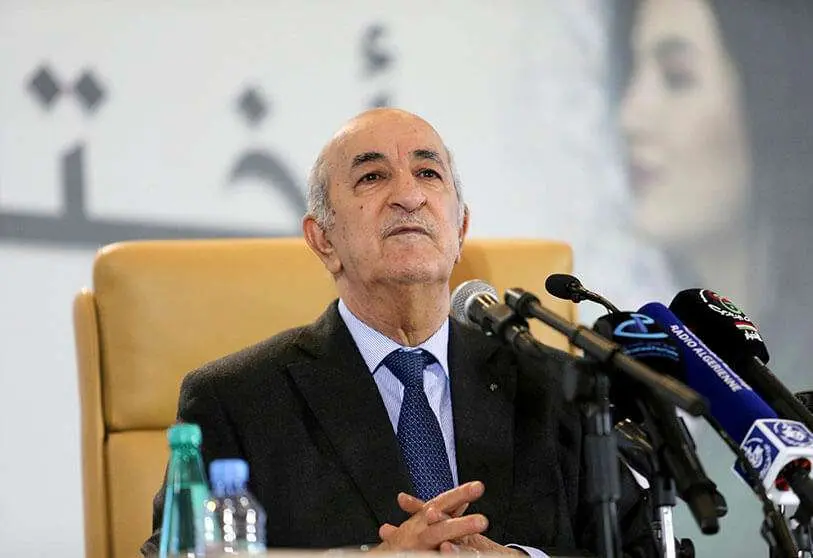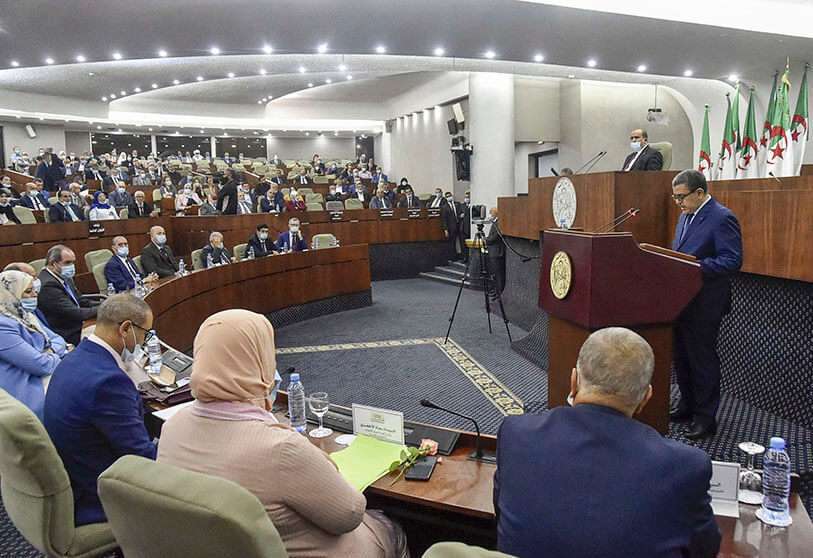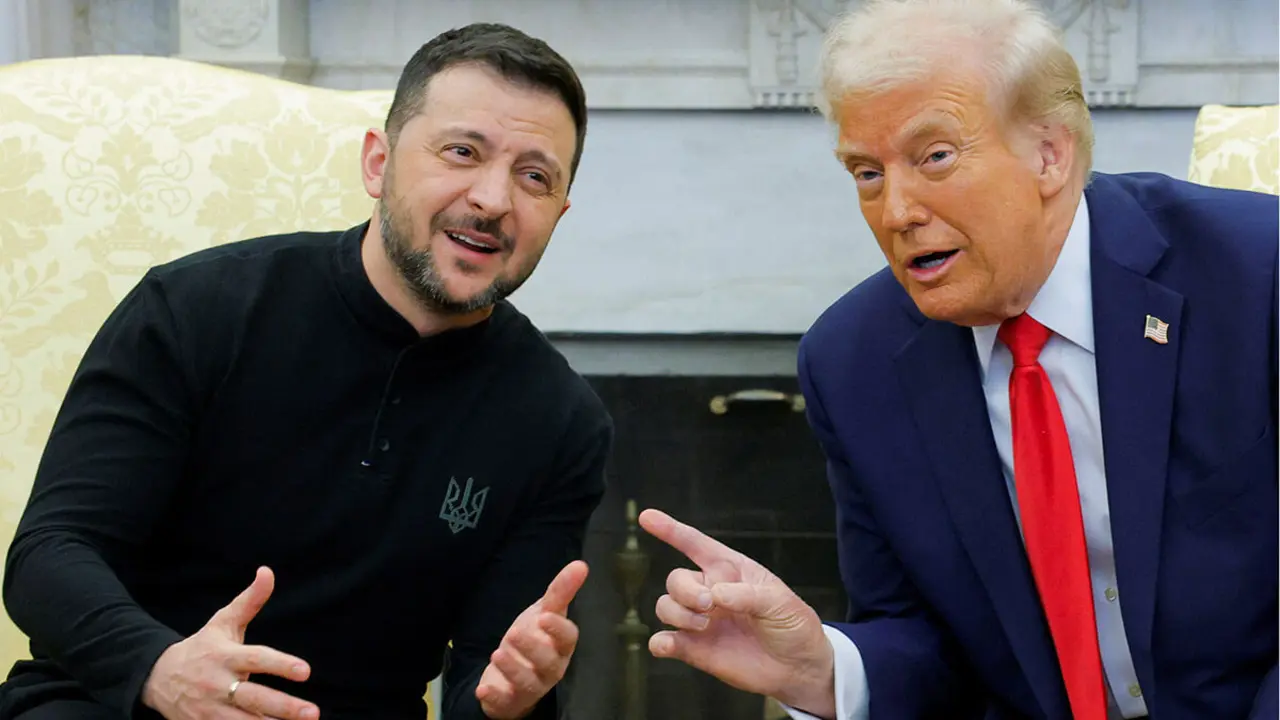Algeria announces early legislative elections

After a long period of unchanged policies, Algeria is going to renew its constitutional structure in a referendum scheduled for November 1. It will be a busy year for parliament as, following the popular vote, the president of the Algerian Republic has announced that general elections will be held.
The news comes on Sunday night after Tebboune, elected to the post in December 2019, committed to structural reform by implementing political and economic reforms.
These changes were preceded by social unrest and mass street protests since April 2019 against former president Abdelaziz Bouteflika. The former president had been in power for 20 years, the longest period in the country's history since it gained independence in 1962.
Tebboune is a member of the National Liberation Front (FLN), the same political party that led the country's independence and in which Bouteflika was an active member. The new president stressed that the constitution would be submitted to the popular referendum, saying that "if the people want change it is high time to operate it, so to clear up any ambiguity that prevailed in the past".
Tebboune explained in an interview with the media his desire for Algerian women and men to ratify the proposed new constitution "so that the state is more ethical and serves the people, not groups that exercise parental control over them".
Tebboune stressed that only the people can decide their own destiny, stressing the need to consecrate transparency from the base to the top within the administration and explaining that it was in everyone's interest to know the future accountability.
The idea is to end 2020 with a new country, but the situation of the coronavirus could slow things down. The new president's speech sounds hopeful and, at least on the streets, protests have diminished. There is still a month to go before the first vote, and it remains to be seen whether there will be any changes to the proposed new constitution.
"We must live up to the promises. After the referendum on the Constitution, we will directly revise the electoral law. We hope to reach the elected institutions before the end of the year, but circumstances must be taken into account, especially from the health side," concluded the President.

On September 6 the Algerian Council of Ministers approved the bill to revise the Constitution. The version of the new statutes was presented to Parliament and the president of the People' s National Assembly (APN), Slimane Chenine, announced that the latest version amending the law was unanimously approved by the 256 members of the Assembly, out of 462.
The Algerian government declared that they were already completing a new version that supposedly responds to the aspirations of the social movement of popular protest called Hirak.
President Tebboune stressed that "the project is in line with the requirements of building a modern state ". The main proposals of the constitutional reform revolve around six axes: fundamental rights and public freedoms; strengthening the separation and balance of powers; independence of the judiciary; abolition and replacement of the Constitutional Council by a Constitutional Court and the Authority for independent national elections.
Some of the new proposals included in the text are:
- The limitation of the parliamentary mandate to two terms: the presidential election period was defined as two non-renewable cycles, either consecutive or separate. This measure is intended to prevent the country's leader from remaining in power for more than four years.
- The constitutionalization of the popular movement Hirak, which has led the protests in the streets since 2019.
- The beginning of Algeria's participation in United Nations-sponsored peacekeeping operations.
- The power of the President of the Republic to appoint a vice-president.
- The granting of more power to the prime minister and parliament to govern the country.
- Changes in justice: The Minister of Justice and the Attorney General of the Supreme Court will no longer form part of the High Council of the Judiciary.
Algeria has an international agenda with a lot of things piled up. The Tebboune government first has to sort out its internal needs in order to be able to address various issues such as the peace of its neighbour Libya, the eternal debate on normalising relations with Morocco, the maintenance of the Saharawi refugee camps in Tindouf, the Jihadist threat of the Sahel desert, the migration crisis, its position within the African Union and the debate of every Arab country on the table today: normalising or not normalising relations with Israel.








